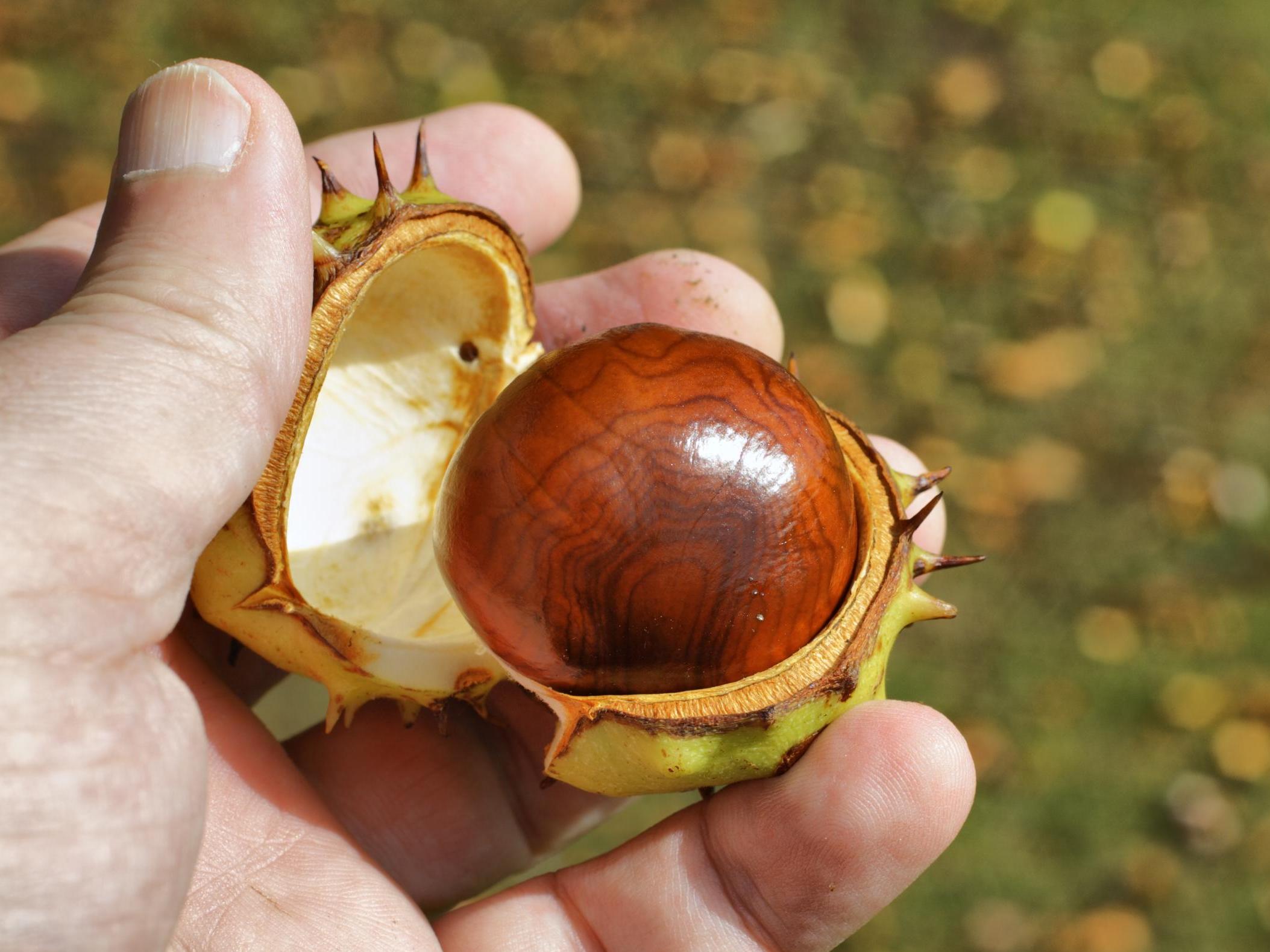Follow your nose: Smell the chemicals out, then cut them out
Kate Hughes find that conkers probably aren’t quite the answer to her sustainable cleaning conundrum


When next door hangs their washing out, you can smell the detergent in our kitchen, and though it isn’t entirely unpleasant – with its subtle notes of organisation, care and cleanliness – it is potent, even from the other side of the wall.
But then pretty much everything seems to smell stronger these days, and I have my suspicions it’s because of water. I’ll be honest, the wet stuff has been a late addition to the sustainability drive in our house.
It wasn’t until I caught the end of a fairly punchy radio interview with one audibly frustrated expert – who said we need to consider wasting water as equally taboo as blowing cigarette smoke into a baby’s face – that it occurred to me that it might be worth going a step further than the 1980s Blue Peter advice about turning the tap off while you brush your teeth.
These days baths are a rarity, there are bricks in cisterns and a tap aerator everywhere we can stick one. Cooking water goes in the water butt by the back door to hydrate whatever veggies have survived the slugs, and the kids’ half-drunk cups of the stuff get slung onto the pot plants.
The effect of all this on our water bill has been pretty miraculous but reducing quantity is only a tiny part of the story.
This week’s report from the UN’s Intergovernmental Panel on Climate Change was nothing less than terrifying in its unwavering clarity. To paraphrase, we are already screwed. But if we take some extreme action, all of us, right now, together, we might yet scrape through at the moderate end of apocalyptic.
Quite rightly, the related headlines have been dominated by imminent sea level rises, weather chaos and calls, yet again, for us to dramatically change our lifestyles.
But relatively few have clocked that this includes reducing our use of cleaning products and toiletries. Volatile Organic Compounds (VOCs), responsible for 0.2 degrees of global warming since the 1850s all by themselves, are found in everything from perfume to paint.
Cut them out, particularly in aerosol form, and we improve the air quality inside our homes as well as helping to tackle the global problem.
Going zero waste has already done us a favour here. Because the vast majority of cleaning products come in plastic containers, we have been making our own for a while, using distilled vinegar, bicarbonate of soda and, if we’re feeling really posh, essential oils.
Admittedly, the place smelled like a chip shop for a while, but once we tweaked the ratios a bit and steeped the vinegar in orange peel we were on to a winner. A very cheap winner, too, whose ingredients we are reasonably confident aren’t trying to kill us or the planet.
A quick online search should throw up a range of options if you’re interested, including DIY floor, dishwasher and surface cleaners. Just go easy on the Sarson’s, that’s all I’m saying.
Meanwhile, our deodorant comes in stick, cardboard-encased form from the Isle of Wight, I’ve reluctantly ditched the Chanel, and washing ourselves is all about soap rather than highly fragranced, chemical-laden liquids in squeezy bottles.
The paint on our walls has been odourless and VOC-free since my first pregnancy. (When every new parent is advised to stop painting the nursery three months before the baby arrives, it kind of makes you wonder. And reach for the nearest search engine.)
Which only leaves the laundry.
The plastic ban includes synthetic clothing wherever possible, though the kids’ uniform is infuriatingly polyester-based.
With a single load of synthetic clothing shedding an astonishing 700,000 pieces of microplastic into our drains, rivers and seas, but a distinct lack of any built-in microplastics filters on washing machines, anything that isn’t 100-per-cent natural fibre goes into a Guppyfriend wash bag first.
As for the washing bit, that has been a somewhat bumpy road. There was a slightly bizarre period in which we spent a lot of time smashing conkers to bits with a hammer before plunging them into hot water, but that’s a tale for another time. Besides, the horse chestnut is under threat so we should probably plant them instead.
We eventually settled for grated castile soap and a bit more of that vinegar for the whites wash.
All of which is great. But taking all those strong aromas out of the equation does something weird to your sense of smell. Going to the hairdressers, for example, with a bouquet of VOCs being liberally sprayed around your head at every opportunity, is now olfactory overload. I can’t handle it anymore and it sounds like the IPCC thinks that’s a good thing.
So sure, I secretly miss the ultra-clean scent and all those complex social associations that come wafting over the wall on dry days. But you won’t ever get me back in the supermarket cleaning aisle.
Join our commenting forum
Join thought-provoking conversations, follow other Independent readers and see their replies
Comments
Bookmark popover
Removed from bookmarks